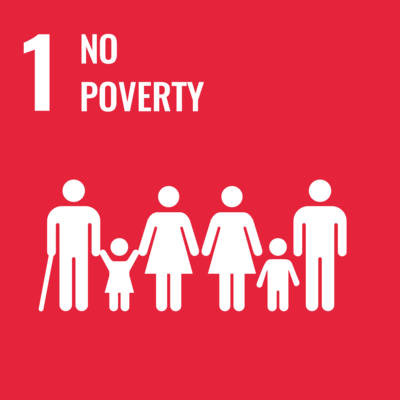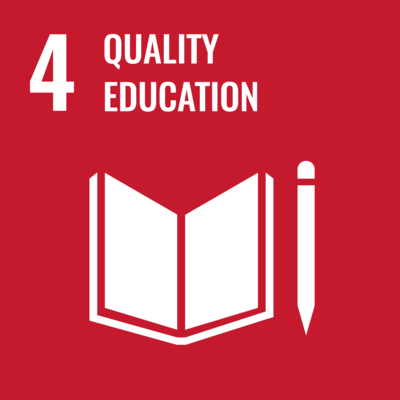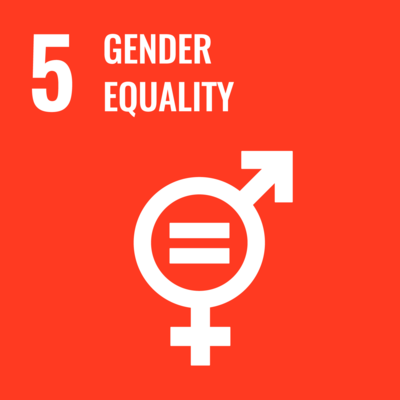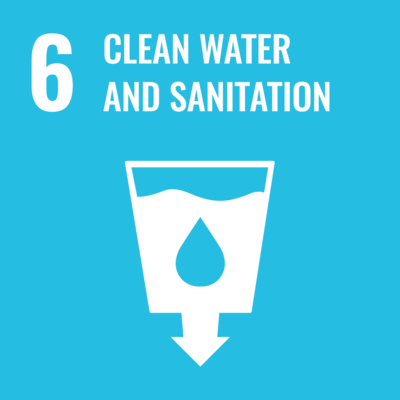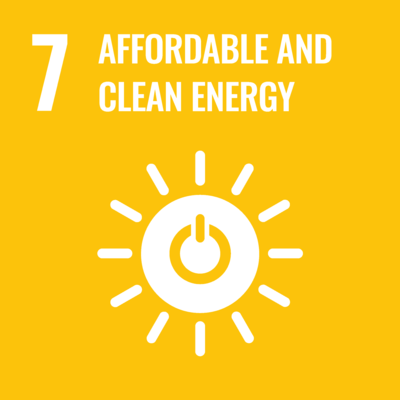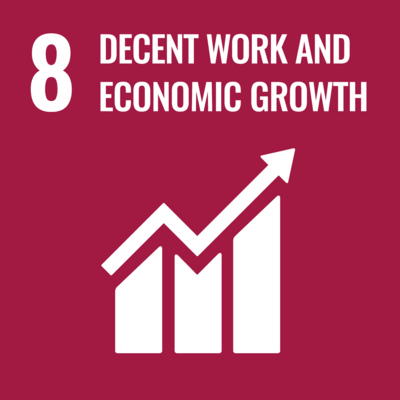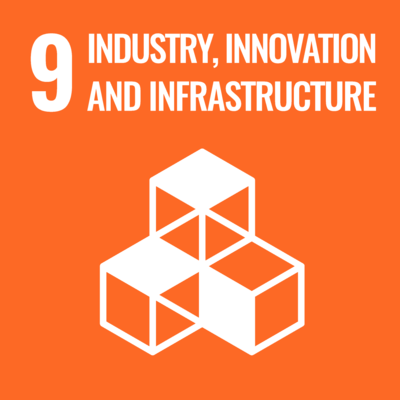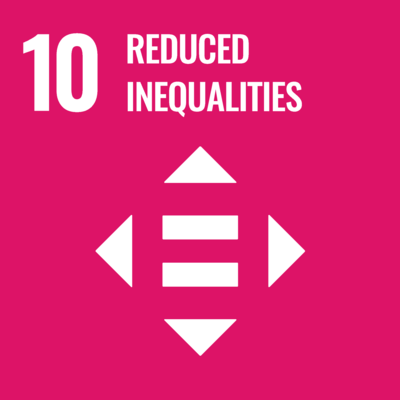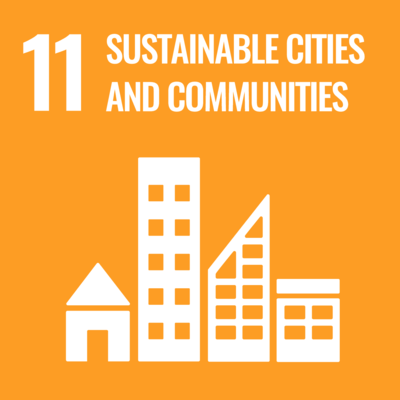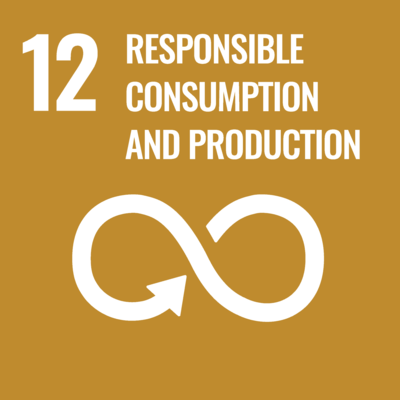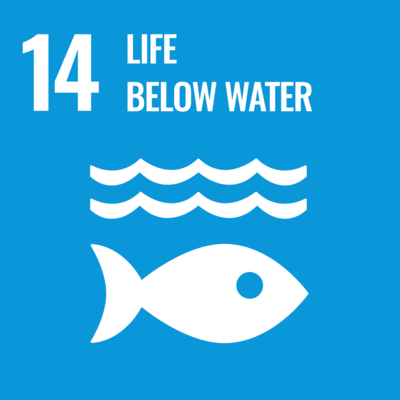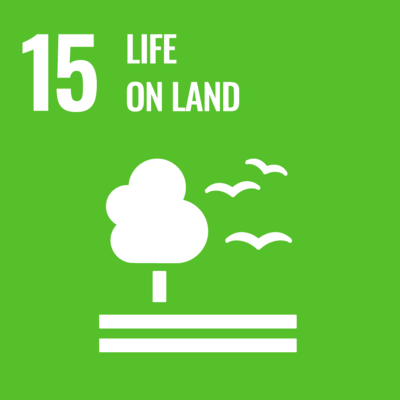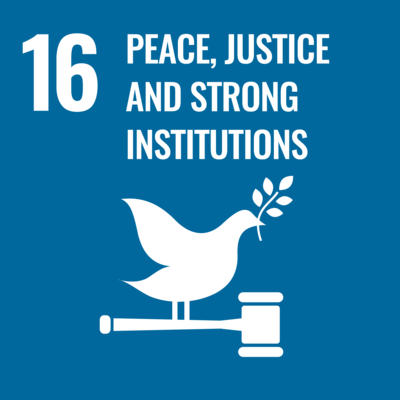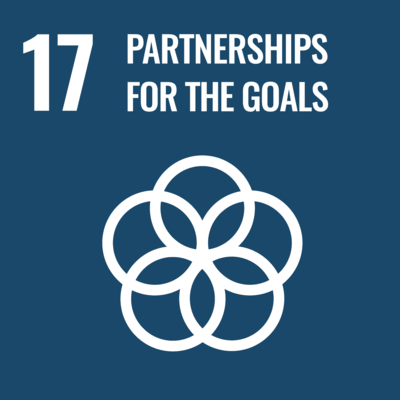SDG 16.2.3 Identify and engage with local stakeholders
According to the medium to long-term campus development plan that NCUE formulated in 2022 and revised in 2023 (see Annex 16.2.3A), Chapter IV outlines the future development priorities. This plan builds upon the previous NCUE development plan from 2016 to 2023. We focus on building an open learning environment at NCUE by publicizing school-related information, so that the public can monitor the development of the school in various ways; regarding teaching, we offer courses and activities relating to local identities and encourage teachers and students to jointly explore regional issues and strengthen their connection with local institutions, so that the University and local communities can experience innovative cooperation, mutual benefit, and common prosperity.
1. Disclosure of information on NCUE’s operations:
The “Information Disclosure” section is available on the homepage of NCUE’s official website. It presents university-related information on administration, evaluation and reports, scientific research and procurement, and internal control. Local stakeholders can access the information online and provide NCUE with suggestions, guidance, and supervision based on it. Link: https://ncueinfo.ncue.edu.tw/
2. Cooperation: The University and Local Stakeholders.
(1) Tighter Connections with Local Institutions and Co-exploration of Local Issues:
We invite local experts, scholars, and regional institutions (such as county and city governments, social welfare organizations, local enterprises, and community colleges) to understand and assess community issues, assist in community development, and lead more active and harmonious social engagement.
The Community Counseling and Human Development Service Center of NCUE is the first of its kind among the domestic universities, specifically designed to serve local residents. This center provides mental health services to specific community members and institutions, promoting psychological well-being and potential development of local residents.
The university shares its resources with community colleges to provide local residents with a comprehensive education system. Furthermore, the university also strengthens the cooperation with local government to address challenges together.
From 2022 to the present, the university has undertaken the “Counselling and Support Service for Teachers” on behalf of the Changhua County Government. The service can help teachers gain a better understanding of stress tolerance and adaptability, thereby improving their mental health and overall capacity of adjust.
Thanks to the aforementioned policies, the cooperation between the university and the local community is expected to promote mutual benefits and shared prosperity.
The NCUE Community Counseling and Human Development Service Center website can be found here: https://humanweb.ncue.edu.tw/
(2) Caring for local industrial parks
To reflect the public nature of higher education and fulfill the university’s social responsibility, NCUE’s Innovation Incubation Center of the Research and Development Department actively promotes innovative businesses and assists traditional industries. In cooperation with the national strategy, we build a diversified platform taking precision machinery, smart electric vehicles, and green energy industries as the core technologies to form a refined incubation network and develop local competitive industries. Using the expertise and resources of the university, we help enterprises that are pursuing sustainable development goals to start up and grow. By providing long-term assistance in improving industrial technology and helping manufacturers obtain the subsidies in R&D provided by the government, we cultivate industrial cooperation and expand the benefits of the guidance provided by the university in the Taichung-Changhua-Nantou Region.
In recent years, NCUE has gathered diverse resources from several of its departments, academic and research institutions in neighboring areas, the Changhua County Industrial Advancement Association, public associations, and the service centers of industrial parks and has integrated the resources of teams formed by full-time teachers with practical experience. Through the guidance of experts in various professional fields, we provide manufacturers with extensive and thorough proposals, and strive to implement them. In cooperation with a neighboring university (Dayeh University), we set up the “Changhua County Local Innovative Organization Alliance” and undertook cross-discipline and cross-university cooperation to promote R&D among small and medium-sized enterprises, as well as industry–university cooperation in innovation in the Taichung-Changhua area. Faculty members with relevant expertise are sent to cooperate in R&D with manufacturers facing a problem or otherwise in need. We also encourage enterprises to apply for the subsidies in R&D provided by the government (such as SBIR and CITD) to reduce their R&D costs, enhance their innovation and R&D capabilities, and increase their innovation momentum.
Please refer to Appendix 16.2.3B for the implementation results of the school.
(3) Joining hands and linking with regional industries in Changhua
Enterprises in Changhua County are mostly small- and medium-sized. The challenges faced by industrial development at this stage include technical personnel shortages, process and product upgrades, process optimization and automation, cloud platform integration and relevant data analysis, process-yield monitoring technologies, wastewater treatment and environmental monitoring, energy and water conservation, and green energy implementation. These challenges have motivated the teachers in NCUE who are specialized in related fields to leverage resources drawn from partner universities, introduce the concepts and technologies of ‘smart machinery’, and the Internet of Things to transform traditional industries into smart manufacturing industries aligned with Productivity 4.0, transforming Changhua County into a ‘smart city’. NCUE uses the Environmental Education Center as a platform, the professional skills and abilities of faculty members working in various fields and schools are combined to integrate the theory and practice of environmental sustainability, to students are guided to design core and professional courses or activities related to regional environmental issues, positive attitudes and values towards the environment are promoted, environmental education is cultivated, photoelectric green energy applications and eco-friendly breeding technology are promoted, teachers and talents are nurtured for the transformation and reconstruction of communities, and the environment and industry are improved so as to achieve sustainable environmental management and utilization.
NCUE remove University Social Responsibility Implementation Project: "Beautiful and Treasured Clams in Fangyuan and Dacheng: Sustainable Industry and Environment Project of Changhua’s Two Cities Amid Climate Change" website can be found here: https://zh-tw.facebook.com/NCUEUSR/
(4) In the 2023 academic year, the Department of Industrial Education and Technology of NCUE remove established the Smart Casting and Manufacturing Industry-Academia Collaboration Program (4+2+1 teaching model). The program has enrolled 9 students and collaborates with 4 companies (SUNWOOD FOUNDRY WORKS, LTD, HONHO PRECISION INDUSTRY CORPORATION, PLUM-MONIX INDUSTRY CO., LTD., GREAT CHAO CHI INDUSTRIAL CO., LTD.)
This specialized program primarily requires students to learn at the partner companies from Monday to Thursday, and return to the university for classes on Friday and Saturday. This new educational model, developed in cooperation with the industry, aims to balance both education and employment. It also helps key industries address the shortage of talent and establishes a teaching internship platform between the industry and the university.
The program promotes the practical and applied educational philosophy of vocational education, emphasizing “learning by doing, and doing while learning.” Furthermore, the Ministry of Education provides support for economically disadvantaged students. Specifically, the supporting program offers an annual scholarship of NTD$ 40,000 to those enrolled in four-year technological and vocational colleges, whose family’s annual income does not meet NTD$700,000.
(5) In the 2023 academic year, NCUE established the Industry Academy in collaboration with Siliconware Precision Industries Co., Ltd. (SPIL), the world's third-largest semiconductor packaging and testing company. This partnership aims to cultivate high-quality professional talent, aligning well with Taiwan’s focus on developing the high-tech industry, while enhancing the faculty’s innovative and teaching quality.
To achieve the goal of cross-industry collaboration, students majoring in fields other than scientific or engineering are encouraged to apply for the project. In the 2023 academic year, the project offered one class for 22 students.
(6) Cooperation in building Changhua’s green energy industry
Changhua owns a wind farm that is important at a global level. A green energy industry will definitely take root in Changhua. However, energy storage equipment is crucial to the development of green energy, and the development of smart energy, especially green energy, is one of the strong features of the College of Engineering in NCUE.
Energy company Ørsted donated a 1 MW/1.26 MWh megawatt-size battery energy storage system (BESS) (figure 1) to NCUE, which is the first university in the world to accept such a piece of equipment. In the cooperation project, NCUE offers the land while Ørsted provides equipment and personnel. The two parties cooperate to support the green energy development policy of the Changhua County Government. NCUE will focus on the development of smart energy during the selection of faculty members, master’s and doctoral dissertations, and student projects, and will play a determining role in Taiwan’s green energy industry. NCUE focuses on energy storage equipment and involves graduate students in developing energy management systems and applying AI (artificial intelligence) to the energy sector. These innovations were transferred to companies such as the Aerospace Industrial Development Corporation (AIDC) and Yuchen System Technology to enhance industry-academic collaboration and cultivate talent.
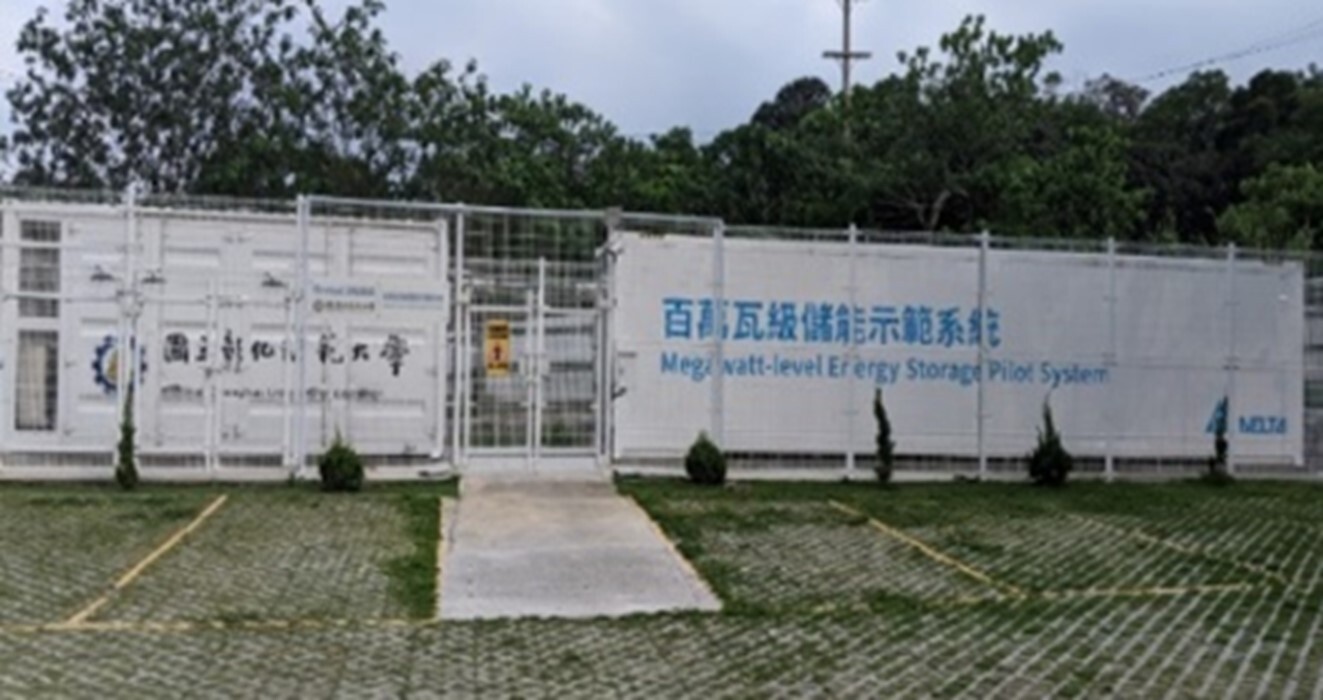
Figure 1: The 1 MW/1.26 MWh Energy Storage System in Baoshan Campus
In addition, NCUE continues to invest in equipment and research related to energy storage systems and electric vehicles, such as small distributed 100 kW/50 kWh BESS (Figure 2) and electric bus (Figure 3). Combining a total of 2688.75 kW of solar photovoltaic power in Jinde and Baoshan campuses and the microgrid dispatching technique, the school's smart green energy pilot system will serve as a major indicator for the industry and academia.
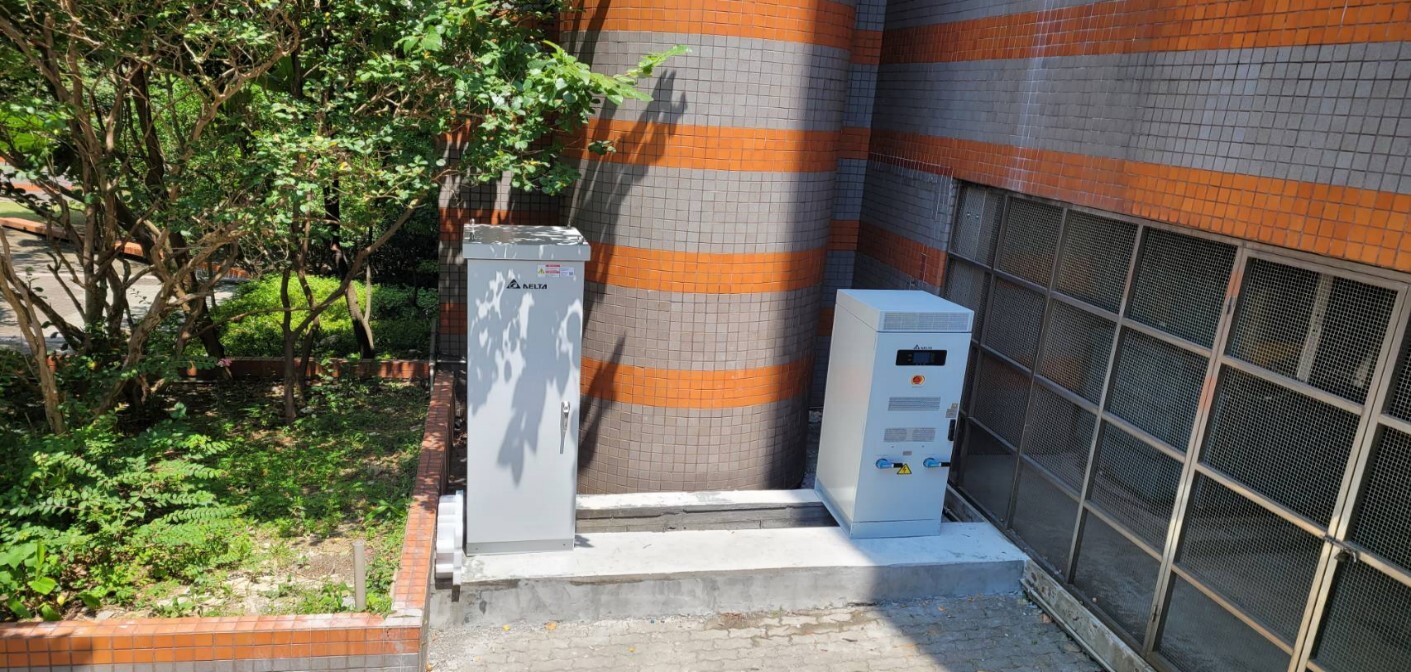
Figure 2: The 100 kW/50 kWh Energy Storage System in Baoshan Campus
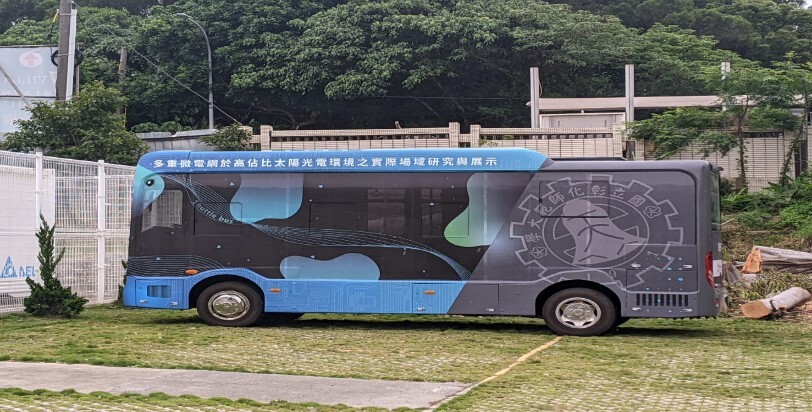
Figure 3: The 30 kW/78 kWh Pure Electric Bus
Reference URL: https://economic.chcg.gov.tw/03bulletin/bulletin02_con.asp?bull_id=281030
(7) Baisha Quality Education Alliance.
Focusing on integrating regional sources and improving the education quality in rural areas, the university seeks to fulfill its social responsibility, enhance cultivation teachers’ teaching skills, and prompt them to put theory into practice. In partner with Changhua County, Nantou County, Yunlin County, and the National Taichung University of Education, NCUE and its allies jointly established the “Baisha Quality Education Alliance.” The alliance is to serve disadvantaged students in rural areas, providing them with better learning opportunities and educational resources to strengthen their inquiring skills, digital literacy, and career development.
"NCUE x Common Good: Deep Cultivation and Advancement of Local Communities" website: https://sites.google.com/view/ncue-teach
Signing ceremony with 11 rural schools from 3 counties: https://www.ncue.edu.tw/p/406-1000-22265,r93.php?Lang=zh-tw
(8) Other relevant measures to link with local communities
(a) NCUE has established an off-campus rental housing service mechanism to serve neighboring off-campus landlords and students who rent off-campus residences. The project aims to strengthen the quality of NCUE’s rental housing services and effectively protect the students who rent off-campus residences. For more information, see the following websites:
i. Concrete measures to promote the safety of off-campus rental housing and services for students: https://studentweb.ncue.edu.tw/p/406-1003-21710,r113.php?Lang=zh-tw
ii. Rental safety certification webpage: https://studentweb.ncue.edu.tw/p/406-1003-25769,r113.php?Lang=zh-tw
iii. Cloud rental network: https://house.nfu.edu.tw/NCUE
(b) NCUE has a parking space discount system. The underground parking lot of NCUE’s Jinde campus is open to the community or outsiders to rent on an episodic or long-term basis (30 minutes of free parking is available). Since the campus is located in Fuxing village of Changhua City, residents who live nearby can enjoy a discounted monthly rental fee. There are quotas for the applications; the quotas, service periods, application procedures, and other relevant measures are implemented according to the Office of General Affairs. Those who hire the university’s venues to hold activities can enjoy a one-time discounted fee. See details of the university parking lot management measures on the following website: https://generalweb.ncue.edu.tw/var/file/4/1004/img/138/133837658.pdf

